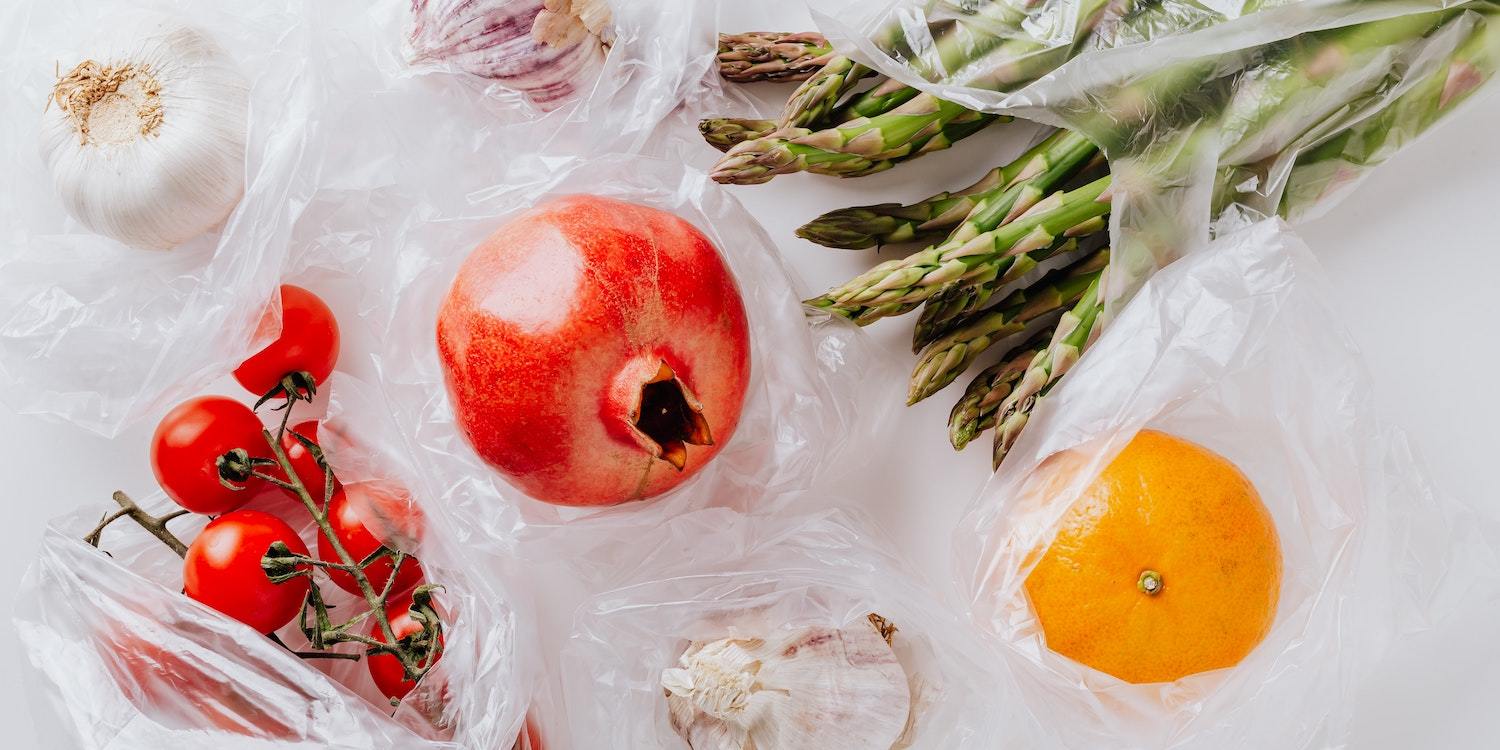Plastic bags have widespread use in our everyday life. They are seemingly convenient, cheap, and offer a readily available transportation solution for purchased goods. But, these single-use products have a tremendous and growing environmental cost that we are beginning to recognize.
Their use is increasing so much that they are outpacing our ability to deal with them. The challenge of waste from plastic bags is a global one but disproportionately impacts developing countries of Asia and Africa. While other countries with weak recycling systems also have trouble dealing with this issue.
BACKGROUND OF PLASTIC BAGS
Plastic bags are produced from fossil fuels and, through the manufacturing process, end up as non-biodegradable waste choking the landfills. Our addiction to single-use plastic bags has caused them to now be found polluting our waterways, filling the stomachs of marine wildlife, cluttering landscapes, and more.
According to research by the EPA, globally, we use approximately one trillion disposable bags every year. This figure also means that every minute we use one million bags worldwide. The U.S. alone uses an estimated 380 million plastic bags and wraps a year, requiring over 12 million barrels of oil to produce.
The U.S. alone uses an estimated 380 million plastic bags and wraps a year, requiring over 12 million barrels of oil to produce.
Simply put, we have become obsessed with using plastics producing over 380 million tons of them each year. With less than 5% of plastic being recycled every year, it is not difficult to understand where the rest goes. You will find it in landfills, garbage bins, littering parks, roadsides, waterways, and ultimately seas and oceans.
IMPACT OF PLASTICS ON THE ENVIRONMENT
The impact of plastic bags is significant, from leaching toxic chemicals into the ground to releasing greenhouse gases and much more; the effect is seen everywhere. As discarded litter, they have been found to capture water, becoming breeding grounds for mosquitoes and waterborne diseases. Plastic bags can also tragically be mistaken by animals as food, ultimately causing a host of problems, including asphyxiation and starvation. While the list goes on, below are a few of the more notable environmental concerns.
NON-BIODEGRADABLE
One of the most significant impacts of plastic bags is that they are non-biodegradable. As they are non-biodegradable, naturally occurring bacteria cannot break plastic bags down into organic matter that assimilates into the soil. Instead, they remain part of the environment and take hundreds of years to decompose. Throughout this process, they continue to release toxic chemicals into the soil and cause pollution.
GREENHOUSE GASSES
The emission of greenhouse gasses is another large problem associated with plastic bags. There is first the greenhouse gasses emitted in their production, which is significant. But, there is also the problem of the accumulation of this type of waste in landfills. As landfills managing this type of waste continue to expand, hectares of land is used. This waste continually releases methane and carbon dioxide, greenhouse gases, as these products degrade for hundreds of years.
DANGER TO MARINE LIFE
The inexpensive and seemingly harmless plastic bag also presents a significant risk to marine life. A recent study on deceased turtles found that 50 percent had plastic in their stomach. These turtles mistakenly identify these ocean plastics as food and consume them. As they can not be digested, these plastics can ultimately lead to asphyxiation or starvation. Similarly, other marine life also mistakenly eats plastic, assuming it is food. According to Worldwatch, plastic pollution in the seas and oceans is affecting 267 different species. Additionally, a hundred thousand marine animals are getting killed specifically by plastic bags every year. These are alarming numbers, unfortunately are only continuing to grow.
INCREASED RISK OF FLOODING
As the plastic bags never completely disintegrate, they can block the drains and hamper the water flow. This has been found to cause flooding in the extreme rainy season. They do so by clumping with other waste material and blocking the normal water flow. Additionally, they block water, making it a breeding ground for germs, bacteria, and mosquitoes, creating significant risk to the people living in the area.
UNSEEN COSTS
Many retailers hand out plastic carrier bags for free at checkout. However, with the average plastic bag in the U.S. is used for approximately 14 minutes before being thrown away, the pollution from these bags quickly adds up. Ironically, many of these same communities are now spending millions of dollars annually to clean up pollution from littering, which plastic bags make a large portion of. Arguably not the most efficient use of taxpayer funds and an unseen cost that communities bear from plastic bags.
With the average plastic bag in the U.S. is used for approximately 14 minutes before being thrown away, the pollution from these bags quickly adds up.
ADDRESSING THE PROBLEM
While plastic bags are a growing problem for the whole world, there are some easy steps that can be taken to help reduce their impact. Below are ways that both municipalities and individuals can help address the challenges that plastic bags are having on the world.
BAG TAX
Many places are beginning to introduce bag taxes where retailers must charge a fixed cost for plastic carrier bags. This strategy has already begun to curb the unnecessary use of plastic bags and is showing very promising results. In England, for example, since a bag tax was introduced, an estimated 15 billion plastic bags have been taken out of circulation as consumers opt to bring their own carrier bags. The beneficial and quantifiable impact of introducing a bag tax is gaining support with more and more cities, states, and countries introducing similar measures.
REUSABLE BAGS

A great alternative to using plastic shopping bags is to bring your own eco-friendly reusable bags. There are many great alternatives available, including bags made from both upcycled materials as well as natural materials, such as 100% certified cotton. Bringing your own environmentally friendly reusable bag is a simple way that consumers can quickly reduce their use of plastic bags.
At Lochtree, we offer a variety of different styles of reusable bags made from 100% organic cotton. Check out our (Long Handle String Bag, Organic Mesh Net Drawstring Bags, or Tote Handle String Bag). You can also find reusable bags at many similar zero-waste stores that specialize in providing environmentally friendly products.
RAISING AWARENESS
Using plastic carrier bags, like many of our habits, stemmed from convenience. However, as our use of plastic bags has grown, the environmental impact has ballooned. Continuing to raise awareness of the environmental challenges that single-use plastics pose and available alternatives will help us reduce our dependence on this product. Highlighting the benefits of efforts like a bag tax and illustrating the ease and convenience of bringing your own bag will help further combat this growing ecological problem.
PARTING THOUGHTS
Products like plastic bags have integrated themselves seamlessly into our lives with the notion of increased convenience. However, these seemingly forgettable and insignificant products collectively have a tremendous impact, as we have seen. Again, globally we consume over one trillion plastic bags each year - a number that is far from insignificant.
As we seek to reduce waste in our lives and live a more sustainable lifestyle, we must be conscious of products like the plastic bag.






